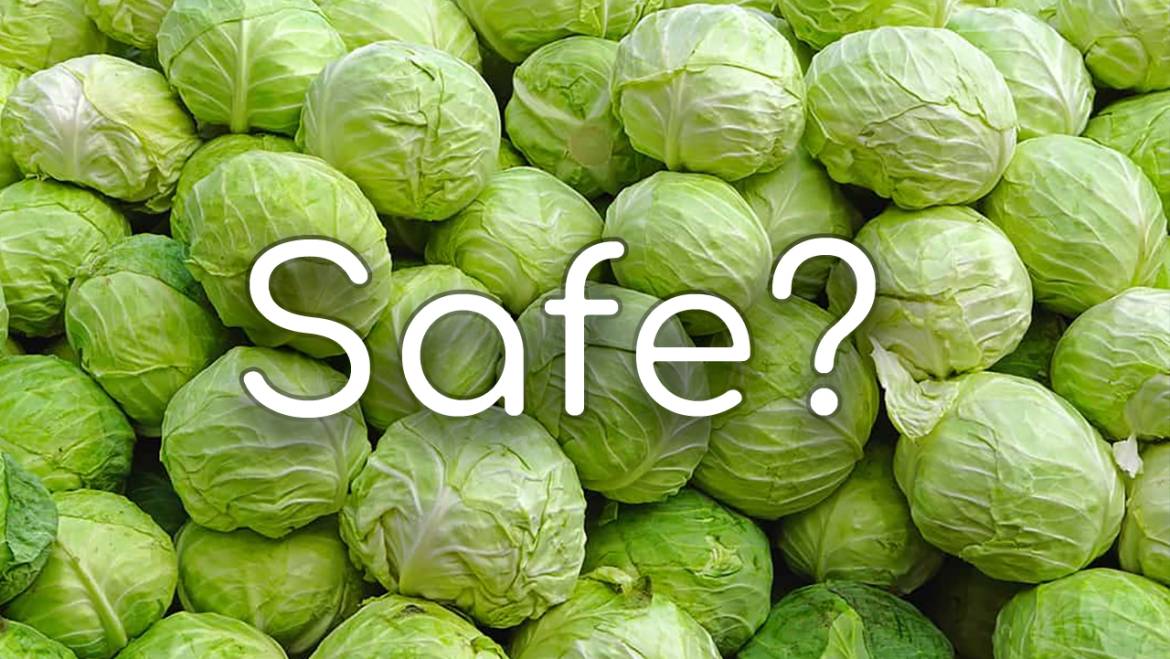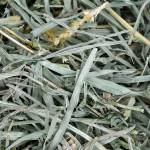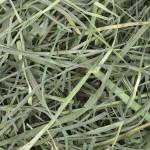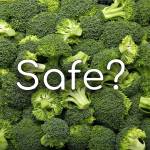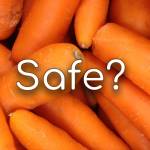Chinchillas are known to have a specific diet, and as a chinchilla owner, it is important to know what foods are safe and healthy for them to consume. One question that many chinchilla owners ask is whether or not their pet can eat cabbage. In this article, we will provide you with a comprehensive guide on whether chinchillas can eat cabbage or not.
Cabbage and Its Nutritional Value
Cabbage is a vegetable that belongs to the Brassica family. It is a green, leafy vegetable that has a round or oval shape. Cabbage is known for its numerous health benefits, including its high vitamin C content, fiber, and antioxidants. It is also rich in vitamin K, vitamin B6, and folate.
Can Chinchillas Eat Cabbage?
While cabbage may have numerous health benefits for humans, it is not recommended for chinchillas. Chinchillas have a very sensitive digestive system, and certain foods can cause digestive issues or other health problems. Cabbage, in particular, is not recommended for chinchillas due to its high levels of calcium and oxalates.
Calcium is important for healthy bones, teeth, and muscle function. However, too much calcium can lead to health issues in chinchillas. Chinchillas have a low requirement for calcium, and excessive amounts can lead to bladder stones or urinary tract problems.
Oxalates, on the other hand, are compounds found in some foods that can bind with calcium and other minerals, preventing their absorption. This can lead to nutrient deficiencies and other health problems. Cabbage is high in oxalates, which can cause problems for chinchillas if consumed in large amounts.
Potential Risks of Feeding Cabbage to Your Chinchilla
Feeding cabbage to chinchillas can lead to a variety of health problems, including diarrhea, bloating, and gastrointestinal upset. It can also increase the risk of bladder stones or other urinary tract problems due to its high calcium content.
Chinchillas also have a specific diet, and their digestive system is not designed to handle large amounts of fruits and vegetables. Feeding chinchillas too many fruits and vegetables can lead to weight gain and other health problems.
What Foods Can Chinchillas Eat?
Chinchillas have a specific diet that consists of hay, pellets, and fresh water. Hay should make up the majority of their diet, and they should have access to it at all times. Timothy hay is the most commonly recommended type of hay for chinchillas.
Pellets should also be a part of a chinchilla’s diet, but they should be given in moderation. Pellets should be high in fiber and low in fat and protein.
Chinchillas can also be given small amounts of fresh fruits and vegetables as a treat. However, it is important to limit the amount of fruits and vegetables given to chinchillas and to choose ones that are safe for them to consume. Safe fruits and vegetables for chinchillas include:
- Apples
- Bananas
- Blueberries
- Carrots
- Grapes
- Kale
- Parsley
- Peppermint Leaves
- Raspberries
It is important to introduce new foods slowly and in small amounts to avoid digestive upset.
In conclusion, cabbage is not recommended for chinchillas due to its high levels of calcium and oxalates. Feeding cabbage to chinchillas can lead to health problems such as digestive upset, diarrhea, bloating, and urinary tract problems. Chinchillas have a specific diet that consists of hay, pellets, and fresh water. Timothy hay is the most commonly recommended type of hay for chinchillas, and pellets should be high in fiber and low in fat and protein. While chinchillas can be given small amounts of fresh fruits and vegetables as a treat, it is important to limit the amount and choose safe options.
As a chinchilla owner, it is important to provide your pet with a well-balanced diet that meets their nutritional needs. Feeding your chinchilla a diet that is too high in calcium, protein, or fat can lead to health problems such as obesity, dental issues, and urinary tract problems.
If you are unsure about what foods are safe for your chinchilla to consume, it is always best to consult with a veterinarian or our chinchilla care website. By providing your chinchilla with a well-balanced diet and monitoring their food intake, you can help ensure that they live a happy and healthy life.

